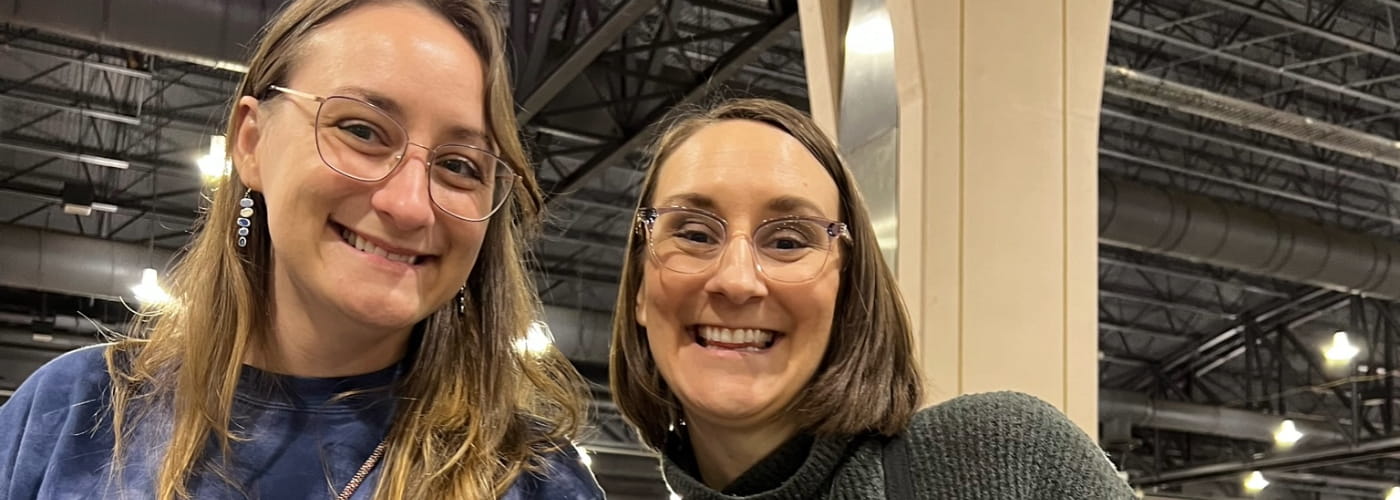Genetic testing uncovers link between prostate and breast cancer

Jennifer Franko, an active 39-year-old and the manager of Corporate Design at Main Line Health, had no reason to believe she was at increased risk for breast cancer. She had no family history of breast cancer, was diligent about preventive healthcare, ate a healthy diet and regularly exercised. When Jennifer's gynecologist found a small lump in her breast, the discovery uncovered a surprising genetic link between her family's history of prostate cancer and her own breast cancer risk.
Potential cancer link
After finding the lump, Jennifer's gynecologist referred her to Main Line Health's breast center for testing. There, she had a mammogram and ultrasound, followed by a breast biopsy with Breast Surgeon Robin Ciocca, DO. Thankfully, it was benign. But Dr. Ciocca had concerns about Jennifer's overall risk for breast cancer after learning about her family history of prostate cancer.
"Ten years ago, we had limited knowledge of genetics related to cancer, but every year there are new discoveries," says Dr. Ciocca, who referred Jennifer for genetic counseling. "Although prostate cancer is associated with males and breast cancer is typically associated with females, we now know the two cancers may share some genetic links, particularly if they are diagnosed at a young age."
Genetic expertise
To investigate if she had a genetic link to breast cancer, Jennifer scheduled a telemedicine visit with Rachael Brandt, PhD, MS, LCGC, Genetic Counselor and Manager of the Genetics and Risk Assessment Program at Main Line Health.

"Each person has thousands of genes, and there is no single genetic test that can detect all cancers. We look for patterns in each patient's unique medical and family history that point us to potential genes we want to target for testing," explains Dr. Brandt.
After talking extensively with Jennifer, Dr. Brandt coordinated testing of multiple genes that have known links to both breast and prostate cancers.
"Providing a sample for the test was simple. I gave a saliva sample at home and mailed it into the lab," explains Jennifer. "But having a genetic counselor to help me think about the pros, cons and limitations of testing, and then help explain the results, was key to the process."
Understanding the risk
Jennifer's testing showed she had a variation in the DNA pattern of her CHEK2 gene — a gene that is linked to prostate, breast and colon cancers. Although everyone has a CHEK2 gene, the specific DNA change identified increased Jennifer's breast cancer risk to about 20%, putting her in an increased-risk category.
"It's important to know that just because someone's genetic makeup increases their risk for cancer, that does not mean they will develop it," explains Dr. Brandt. "Knowing the risk can help doctors create a personalized plan for screening, prevention or sometimes even treatment."
Not all genes are the same
Michelle Franko, Jennifer's sister, shares the same family history of prostate cancer and mentioned this to her doctor, who initially dismissed the connection between prostate and breast cancer. "Unfortunately, he wasn't up to date on the current genetic research," says Michelle, who is a high school biology teacher. "I switched to a Main Line Health physician who was informed and supportive."
Michelle met with Dr. Brandt and learned she had a 50% chance of having the same CHEK2 gene change that was found in her sister. She chose to have genetic testing, and the results showed she had not inherited the CHEK2 gene change and her risk for breast cancer was closer to the average person.
"Michelle's experience demonstrates that you can be in the same family and share many similarities but not have the same genetic makeup," explains Dr. Brandt. "Everyone is different, and genetic testing helps us to personalize care."
Empowered future
In response to her increased chance of developing breast cancer, Jennifer's doctors created a new breast cancer screening plan. She now has a mammogram and a breast MRI each year, as well as breast ultrasound when indicated. Michelle, conversely, does not need extra screenings.
Your mammogram made easy
Did you know you don't need a prescription to schedule a screening mammogram?
"This experience has not only been beneficial for me, but also for my whole family. We've had conversations that we wouldn't have had before," says Jennifer. "It's so important to share health information and learn about one another."
She adds, "I would have never thought to go to the gynecologist's office and mention my family's history of prostate cancer. Knowing my genetic link to cancer has allowed me to streamline my healthcare journey."
Next steps:
Meet Robin Ciocca, DO
Learn more about genetics and risk assessment at Main Line Health
View current breast cancer clinical trials
 Content you want, delivered to your inbox
Content you want, delivered to your inbox
Want to get the latest health and wellness articles delivered right to your inbox?
Subscribe to the Well Ahead Newsletter.
